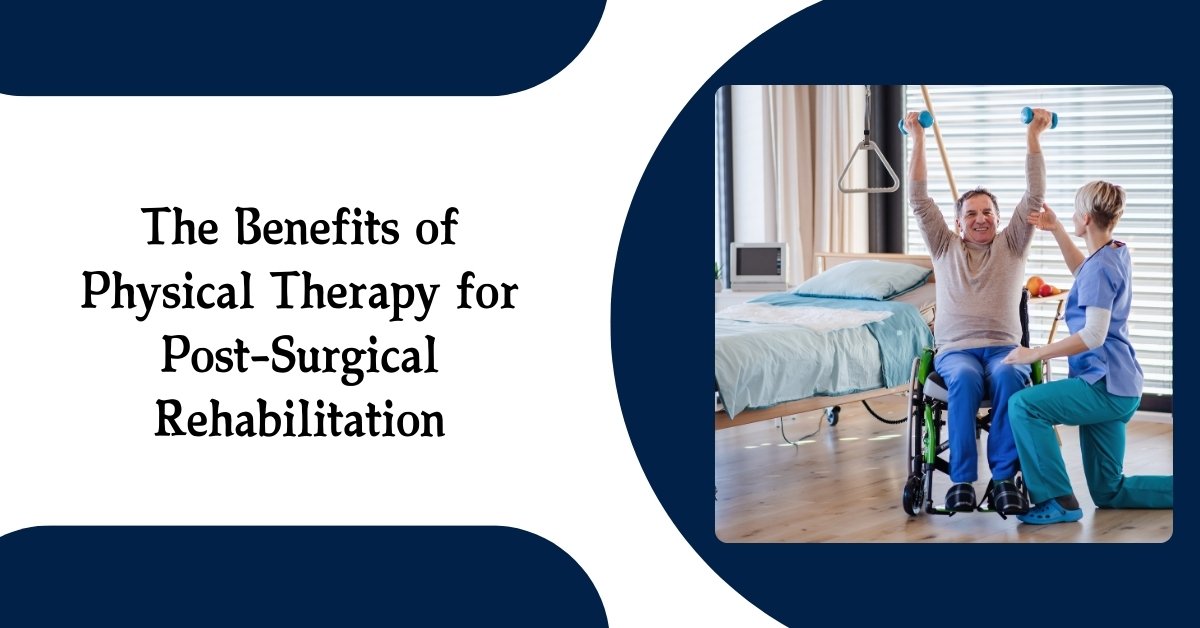Summary: Cognitive health is a crucial aspect of healthy aging, influencing memory, decision-making, emotional well-being, and social engagement for seniors. Maintaining an active mind through mental stimulation, physical activity, a balanced diet, quality sleep, and social interaction can help delay cognitive decline and enhance overall quality of life. Senior living homes provide a safe and supportive environment where older adults can access personalized care, engaging activities, and social opportunities, promoting independence, confidence, and a fulfilling lifestyle.
As we age, maintaining a healthy body often takes center stage—but keeping the mind strong is just as important. Cognitive health plays a vital role in how seniors think, learn, remember, and interact with the world around them. A sharp and active mind helps older adults stay independent, confident, and emotionally fulfilled. However, with age-related changes and conditions like dementia or Alzheimer’s becoming more common, focusing on brain wellness has never been more essential.
A growing number of senior care communities now emphasize Cognitive Wellness Programs that combine mental, physical, and social activities to support brain function and emotional well-being. These programs not only help preserve memory and focus but also encourage social engagement, reduce stress, and improve quality of life.
What is a Cognitive Wellness?
Cognitive wellness is the practice of maintaining and improving brain function through activities that stimulate thinking, memory, and problem-solving skills. It focuses on keeping the mind active and resilient by combining mental, physical, and social engagement. A well-designed Cognitive Wellness Program helps older adults strengthen their cognitive abilities, enhance their emotional well-being, and delay the onset of memory-related challenges. These programs often include activities like group discussions, memory games, creative sessions, and light exercises that promote overall brain health and quality of life.
Scientific research supports approaches such as Cognitive Stimulation Therapy (CST), which has proven effective for individuals with mild to moderate dementia. CST involves interactive, themed sessions that encourage communication, concentration, and recall through enjoyable tasks. As awareness of healthy aging grows, Cognitive Wellness Programs are becoming an important part of senior care helping older adults stay mentally active, confident, and connected to their community.
Why is Cognitive Health Important for Seniors?
Maintains Independence
Good cognitive health enables seniors to stay self-reliant and confident in managing their daily lives. When memory, focus, and decision-making skills are strong, older adults can continue performing essential tasks like cooking, handling finances, and managing medications without constant assistance. This sense of independence not only promotes dignity but also contributes to emotional satisfaction and overall well-being.
Improves Memory and Focus
As people age, occasional forgetfulness becomes common but regular mental stimulation helps keep the brain active and sharp. Engaging in cognitive exercises, reading, puzzles, or interactive therapy sessions strengthens memory recall and attention span. A sharper memory allows seniors to stay more involved in conversations, remember appointments, and enjoy activities they love without frustration or confusion.
Boosts Emotional Well-being
Cognitive wellness directly influences emotional health. Activities that challenge the mind also enhance mood, reduce anxiety, and build confidence. When seniors engage in brain-boosting games or group learning sessions, they experience a sense of achievement and purpose. This reduces feelings of loneliness and depression, creating a more positive and fulfilling aging experience.
Encourages Social Connection
Many cognitive wellness programs are designed to be social and interactive, promoting group discussions, teamwork, and communication. These activities help seniors connect with others, form new friendships, and maintain a sense of belonging within their community. Staying socially active not only supports mental health of older adults but also provides emotional comfort and motivation to remain engaged in daily life.
Delays Cognitive Decline
Regular mental exercise is one of the most effective ways to protect the brain from age-related decline. Research shows that consistent cognitive stimulation can slow the progression of memory-related conditions such as Alzheimer’s or dementia. By keeping the mind challenged through structured activities like Cognitive Stimulation Therapy (CST), seniors can preserve their mental agility and enjoy a higher quality of life for longer.
Strategies for Enhancing Cognitive Function in Older Adults
Stay Physically Active
Regular physical activity is one of the most effective ways to keep both the body and brain healthy. Exercise increases blood flow to the brain, promoting the growth of new neural connections and improving memory and focus. Even light activities like walking, yoga, or stretching can enhance mood and reduce the risk of cognitive decline. Seniors should aim for at least 30 minutes of moderate movement most days of the week to support overall brain function and mental clarity.
Manage Stress and Mental Health
Chronic stress can negatively affect brain structure and cognitive performance over time. Practicing stress-management techniques like meditation, deep breathing, or mindfulness can significantly improve focus and emotional balance. Engaging in hobbies, creative activities, or therapy sessions also helps seniors maintain a positive outlook. Addressing mental health concerns early ensures better emotional stability and supports long-term cognitive well-being.
Eat a Brain-Boosting Diet
A balanced diet rich in antioxidants, healthy fats, vitamins, and minerals plays a vital role in maintaining brain health. Foods like leafy greens, berries, nuts, fish, and olive oil are packed with nutrients that protect brain cells from damage and support cognitive performance. The Mediterranean diet, in particular, has been linked to slower memory decline and improved mental sharpness in older adults. Staying hydrated and limiting processed foods can also make a noticeable difference in cognitive wellness.
Prioritize Quality Sleep
Sleep is essential for memory consolidation and mental restoration. Poor sleep can lead to confusion, forgetfulness, and difficulty concentrating. Seniors should focus on maintaining a regular sleep schedule, ensuring 7–8 hours of restful sleep each night. Establishing a relaxing bedtime routine such as reading, gentle stretching, or listening to calming music can help improve sleep quality and support overall brain function.
Stay Socially Connected
Social interaction is a powerful way to keep the brain engaged and active. Conversations, group activities, and shared experiences stimulate different areas of the brain, strengthening memory and communication skills. Joining a senior living home provides opportunities for daily social engagement, structured programs, and emotional support in a safe, friendly environment. Staying connected with others not only prevents loneliness but also promotes a happier, more mentally active lifestyle.
Recognizing Signs of Cognitive Decline
Early detection of cognitive changes is crucial for effective intervention. Signs such as frequent forgetfulness, confusion, difficulty communicating, or changes in mood should not be ignored. Recognizing these symptoms allows for timely evaluation and the implementation of cognitive wellness programs or therapies. Seeking guidance from healthcare professionals ensures that seniors receive the right support to slow cognitive decline and maintain quality of life.
Why Cognitive Health Matters for Seniors and How to Support It
Maintaining cognitive health is vital for seniors to enjoy a fulfilling and independent life. A strong and active mind enhances memory, emotional well-being, and social connections, while helping delay age-related cognitive decline. By focusing on mental stimulation, healthy lifestyle choices, and meaningful engagement, older adults can preserve their cognitive abilities and confidence. Prioritizing brain wellness not only supports everyday functioning but also enriches overall quality of life, making aging a more vibrant and rewarding experience.
Senior living homes offer a secure, welcoming environment along with personalized care that helps older adults preserve their independence and dignity. If you’re in Aubrey or the nearby areas, take the time to explore senior living homes in Aubrey, visit them in person, and ask about their care philosophy, staff expertise, and the services they provide. Choosing the right senior living home ensures your loved one receives the support, safety, and engaging activities they need to enjoy a fulfilling and vibrant life.





